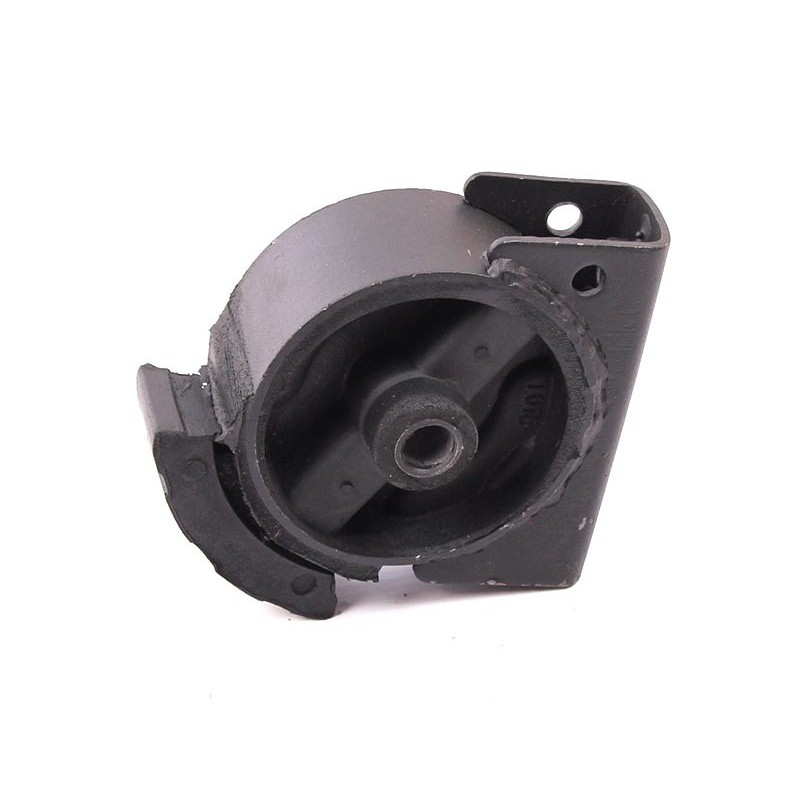Engine Purchasing Professional Tips on Picking the Right Engine for Your Particular Requirements
Choosing the appropriate engine for your particular demands includes an intricate interplay of elements that go past plain horse power figures. By diving into the ins and outs of power versus efficiency, examining fuel ratings, and budgeting for long-term prices, one can truly optimize their engine option.
Power Vs. Effectiveness: Locating the Balance

When selecting an engine, it is crucial to strike a balance in between power and efficiency to satisfy your certain requirements successfully. Power refers to the engine's capacity to create power for propulsion, identifying variables like velocity, hauling capacity, and general efficiency (Toyota Tazz Engine For Sale). On the other hand, efficiency connects to how well the engine utilizes gas to produce power, impacting variables such as gas economy and environmental friendliness
Attaining the best balance in between power and efficiency is important since an engine that is as well powerful may eat too much fuel, leading to higher operating costs and unneeded pressure on the setting. Conversely, an engine that prioritizes performance over power may lead to slow-moving performance, specifically in demanding circumstances like lugging hefty tons or driving uphill.
To make an educated decision, take into consideration elements such as your typical driving conditions, the designated use the vehicle, and your individual choices. By assessing your demands and concerns, you can select an engine that strikes the best balance between power and efficiency, guaranteeing optimal performance while decreasing environmental effect and operating expense.
Understanding Engine Size and Type

In addition, engine kind plays an important role in establishing the performance features of an engine. Usual engine types include inline engines, V engines, and rotating engines, each with its one-of-a-kind advantages and drawbacks. The engine type influences variables such as the engine's dimension, weight circulation, and power delivery. Comprehending the interplay between engine dimension and kind is essential in choosing an engine that lines up with your particular needs and concerns, whether it be power, performance, or an equilibrium of both.
Consider Your Lorry's Demands
Considering your automobile's demands is a basic step in the engine selection process to make certain optimum performance and functionality. It is crucial to assess aspects such as the meant use the car, its weight, towing ability, and fuel performance requirements. If you are looking for an engine for a durable vehicle that will be used for towing, you will require a powerful engine with high torque capacities. On the various other hand, if you are picking an engine for a small automobile largely utilized for city travelling, fuel performance may be a much more crucial element to consider.

Reviewing Gas Effectiveness Ratings
Analyzing gas efficiency scores is an important element of picking the best engine for your lorry, ensuring expense savings and environmental sustainability. Fuel efficiency rankings, generally gauged in miles per gallon (MPG) for gasoline engines or kilowatt-hours per 100 miles (kWh/100 miles) for electrical engines, show just how far a lorry can travel on a certain amount of fuel or electricity. Greater MPG or reduced kWh/100 miles worths indicate extra effective engines, translating to reduced fuel prices and reduced carbon exhausts.
When examining fuel efficiency scores, consider your driving requirements and habits. If you commute fars away daily, an extremely fuel-efficient engine can lead to considerable cost savings in time. Furthermore, contrast various engine choices within the exact same vehicle class to determine the most economical choice. Factors such as engine dimension, weight, the rules of aerodynamics, and hybrid or electrical abilities can all affect fuel performance.
Budgeting for Long-Term Prices
Strategically preparing for long-term costs is critical when choosing an engine, making sure economic sustainability over the car's life expectancy. While the first purchase rate of an engine is a significant element, it is vital to take into consideration the long-lasting prices related to maintenance, repair work, and fuel usage. Choosing a more fuel-efficient engine might have a higher upfront cost yet can lead to significant cost savings with time. Regular upkeep, such as oil modifications, filter substitutes, and tune-ups, is important to maintain the engine running smoothly and successfully, decreasing the danger of expensive repair services down read more the line.
Additionally, investigating the availability and price of substitute parts for the selected engine is essential in budget preparation. Engines with readily available and affordable components can substantially impact long-lasting maintenance costs. In addition, considering the engine's durability and expected life expectancy can assist stay clear of unanticipated replacement prices in the future. By meticulously budgeting for these long-term expenses and factoring them right into the decision-making procedure, individuals can select an engine that not only satisfies their instant needs yet likewise stays economical throughout its life-span.
Verdict
To conclude, picking the right engine for your specific requirements calls for stabilizing power and effectiveness, recognizing engine dimension and kind, considering your automobile's requirements, reviewing fuel effectiveness scores, and budgeting for lasting costs. By very carefully taking into consideration these elements, you can guarantee that you select an engine that satisfies your needs and provides ideal performance for your automobile.
To further improve the option process of an engine that strikes the ideal look at this web-site balance between power and effectiveness, it is vital to delve right into the complexities of recognizing engine dimension and kind. Engine size refers to the complete quantity of air and fuel that can be pressed with the engine cylinders. Common engine types consist of inline engines, V engines, and rotary engines, each with its special advantages and downsides. Understanding the interplay in between engine size and type is essential in selecting an engine that lines up with your specific needs and top priorities, whether it be power, effectiveness, or an equilibrium of both.
Fuel effectiveness scores, normally measured in miles per gallon (MPG) for gas engines or kilowatt-hours per 100 miles (kWh/100 miles) for electrical engines, indicate just how far an automobile can take a trip on a particular quantity of gas or power.